2002-03-15 10:46
Dreaming of fair and equitable treatment in society
Everyone was taught in school that ‘the ocean is big’, but that still doesn’t really mean much. How about comparing it to the moon? What then? As there is no absolute standard to judge which one is big or not, things are relative, and thus qualitative arguments fail to ascertain truth or falsity.
However, China has always existed as a ‘Big Country’ in my head. I guess it is possible to think that China is the third largest country in the world, following the former Soviet Union, and Canada.
COSCO Container Lines (COSCON), originally COSCO Shanghai, served the first container service in the history of China. In 1978 when liberalization surfaced in China, the ‘Ping Xiang Cheng’ departed from Shanghai for Australia with its first container cargoes on board. COSCON was established in January 1997 as a specialized division of COSCO to cover container cargoes carriage. It owned 120 container vessels and carried around 4 million TEU of cargoes annually. Currently, it operates 20 service trades connecting 100 ports worldwide and is the first Chinese shipping company to receive ISO 9002 certification.
COSCON is located on the 11th floor in the Dongwoo bldg, Yeoksam-dong, Kangnam-ku, Seoul. They moved in last year with COSCO Korea (COSHAN) on the 15th floor and Co-Heung on the same floor, under the same wing of COSCO.
Mr. S.Z. Gao, president of COSHAN Co., Ltd, is the head of the Korean agency. Starting as joint-venture in 1994, it turned into branch in 1998, 100% owned by the company in China, when MR. Gao first came to Korea.
In my recent visit to Mr. Gao for an interview, he greeted me, as always, with a bright and friendly smile. When he talks about market conditions, however, his serious side surfaces in a sterner expression.
- How was the market condition last year?
“Well, China was the only country in the world to show increasing trends last year when the global economy plummeted in the wake of 9.11; China achieved an increase of over 3% in its Gross Domestic Product (GDP). In addition, container cargoes between Korea and China also increased; I’m sorry I don’t have the exact increase rates at hand right now. However, the cargoes that COSCON handled shrank. As many third party vessels were deployed in the trade last year, vessel capacities in the trade increased by 10 ?C 20%. With not enough cargoes, that over-supply of vessel capacity drove freight rates to rock bottom.
The freight rates between Pusan and the main port in China were less than US $140, abruptly worsening trade profitability.”
Mr. Gao stuck his better judgment to not ship cargoes without being profitable. At last, COSCON cut vessel capacities in the Korea/China trade last year.
-How do you operate services departing from Korea?
“At the beginning, when COSCON launched its business in Korea, we served a direct service bound to North America, Canada, North China, Australia, New Zealand, Israel, the Mediterranean, as well as a few other destinations. The US service is served through an alliance with Hanjin, Yanming, and K-Line. The Mediterranean service is offered with Zim Line, an Israeli company.
This system will strengthen both sides for profitability and prevent weakening competitiveness between shipping liners. Even though not mentioning some areas, we offer our services everywhere in the world through transit services.
His smiling is no more than careful concern for his companions.
-What is your philosophy on operations?
“I prefer a more democratic environment as opposed to the more traditional authoritarian style of management. I try to create a ‘family-like’ atmosphere for the company and its employees. Our company precepts reflect these principles.”
There are a number of ways for management to get employee opinions. Management and labor meet every three months and ‘Democratic meetings’ are held at year’s end.
Mr. Gao went on at length to describe his company’s individual reward system.
“For those greatly contribute to the company, there is a reward system direct from the corporate headquarters in China. There shouldn’t be any distinction between men and women in their work and salary. Our company pushes for equality between the sexes, and is always working to ensure the same salary system and work intensity.”
The prevalence of sexual discrimination in Korea is distressing for Mr. Gao. However, with influence from mainland China where women’s rights are highly stressed, COSCON doesn’t tolerate discrimination. Respect for elders, the core of Confucianism, disappeared long ago in China, said Mr. Gao. Korea, with its conservative and polite manners, looks beautiful to Mr. Gao.
-How do you find living in Seoul?
“At the beginning, I lived with my wife in Korea. However, as she missed friends and family a lot, she returned back to China. Regardless of my intentions, I have been living like a bachelor. Getting up at between 6 and 6:30, I climb Mt. Maebong close to my house. In my free time, I usually cook for myself, read books, or clean the house. Actually, I like a mountain climbing, so I’ve gone to Sobaek mountain, Kumgang mountain, Naejang mountain, and Mt. Hallasan. From time to time, I join in the COSCON soccer game with our shippers.”
Mr. Gao, coming from Qingdao, worked for a stevedoring company for five years after graduating from high school. Majoring in English in college, He was placed with the port authority by the government. He smiled and went on to talk about his many pleasant experiences in meeting people in Korea while climbing mountains and swimming.
Before long, Hanjin shipping announced survey results on what its employees thought of China shipping companies and their potential to grow and sweep the container shipping industry within ten years. Asked about his opinion, Mr. Gao strongly denied that likelihood.
However, China has always existed as a ‘Big Country’ in my head. I guess it is possible to think that China is the third largest country in the world, following the former Soviet Union, and Canada.
COSCO Container Lines (COSCON), originally COSCO Shanghai, served the first container service in the history of China. In 1978 when liberalization surfaced in China, the ‘Ping Xiang Cheng’ departed from Shanghai for Australia with its first container cargoes on board. COSCON was established in January 1997 as a specialized division of COSCO to cover container cargoes carriage. It owned 120 container vessels and carried around 4 million TEU of cargoes annually. Currently, it operates 20 service trades connecting 100 ports worldwide and is the first Chinese shipping company to receive ISO 9002 certification.
COSCON is located on the 11th floor in the Dongwoo bldg, Yeoksam-dong, Kangnam-ku, Seoul. They moved in last year with COSCO Korea (COSHAN) on the 15th floor and Co-Heung on the same floor, under the same wing of COSCO.
Mr. S.Z. Gao, president of COSHAN Co., Ltd, is the head of the Korean agency. Starting as joint-venture in 1994, it turned into branch in 1998, 100% owned by the company in China, when MR. Gao first came to Korea.
In my recent visit to Mr. Gao for an interview, he greeted me, as always, with a bright and friendly smile. When he talks about market conditions, however, his serious side surfaces in a sterner expression.
- How was the market condition last year?
“Well, China was the only country in the world to show increasing trends last year when the global economy plummeted in the wake of 9.11; China achieved an increase of over 3% in its Gross Domestic Product (GDP). In addition, container cargoes between Korea and China also increased; I’m sorry I don’t have the exact increase rates at hand right now. However, the cargoes that COSCON handled shrank. As many third party vessels were deployed in the trade last year, vessel capacities in the trade increased by 10 ?C 20%. With not enough cargoes, that over-supply of vessel capacity drove freight rates to rock bottom.
The freight rates between Pusan and the main port in China were less than US $140, abruptly worsening trade profitability.”
Mr. Gao stuck his better judgment to not ship cargoes without being profitable. At last, COSCON cut vessel capacities in the Korea/China trade last year.
-How do you operate services departing from Korea?
“At the beginning, when COSCON launched its business in Korea, we served a direct service bound to North America, Canada, North China, Australia, New Zealand, Israel, the Mediterranean, as well as a few other destinations. The US service is served through an alliance with Hanjin, Yanming, and K-Line. The Mediterranean service is offered with Zim Line, an Israeli company.
This system will strengthen both sides for profitability and prevent weakening competitiveness between shipping liners. Even though not mentioning some areas, we offer our services everywhere in the world through transit services.
His smiling is no more than careful concern for his companions.
-What is your philosophy on operations?
“I prefer a more democratic environment as opposed to the more traditional authoritarian style of management. I try to create a ‘family-like’ atmosphere for the company and its employees. Our company precepts reflect these principles.”
There are a number of ways for management to get employee opinions. Management and labor meet every three months and ‘Democratic meetings’ are held at year’s end.
Mr. Gao went on at length to describe his company’s individual reward system.
“For those greatly contribute to the company, there is a reward system direct from the corporate headquarters in China. There shouldn’t be any distinction between men and women in their work and salary. Our company pushes for equality between the sexes, and is always working to ensure the same salary system and work intensity.”
The prevalence of sexual discrimination in Korea is distressing for Mr. Gao. However, with influence from mainland China where women’s rights are highly stressed, COSCON doesn’t tolerate discrimination. Respect for elders, the core of Confucianism, disappeared long ago in China, said Mr. Gao. Korea, with its conservative and polite manners, looks beautiful to Mr. Gao.
-How do you find living in Seoul?
“At the beginning, I lived with my wife in Korea. However, as she missed friends and family a lot, she returned back to China. Regardless of my intentions, I have been living like a bachelor. Getting up at between 6 and 6:30, I climb Mt. Maebong close to my house. In my free time, I usually cook for myself, read books, or clean the house. Actually, I like a mountain climbing, so I’ve gone to Sobaek mountain, Kumgang mountain, Naejang mountain, and Mt. Hallasan. From time to time, I join in the COSCON soccer game with our shippers.”
Mr. Gao, coming from Qingdao, worked for a stevedoring company for five years after graduating from high school. Majoring in English in college, He was placed with the port authority by the government. He smiled and went on to talk about his many pleasant experiences in meeting people in Korea while climbing mountains and swimming.
Before long, Hanjin shipping announced survey results on what its employees thought of China shipping companies and their potential to grow and sweep the container shipping industry within ten years. Asked about his opinion, Mr. Gao strongly denied that likelihood.
많이 본 기사
- 국제물류업계, 광양항 마지막 배후단지 활용법 모색한다‘일상이 된 물류시장 불확실성’, AI·친환경이 돌파구‘수요 둔화 지속’ 컨운임지수 한주만에 1300선으로 후퇴‘고환율·저운임’ 글로벌 물류기업 일제히 부진한 실적 신고DHL, 중동 두바이에 차세대 물류허브 개소해운협회, 부산항도선사회와 CCTV 활용 안전도선 업무협약우수물류기업 인증 체감효과 낮아 “인센티브 확대 필요”한국해양대, 장금상선등 해운사와 해양인재 양성방안 모색2028년 유엔 해양총회 한국 유치 확정벌크선시장, 급등 이후 조정 '속도 조절 들어가나'
- 2026 글로벌 공급망 전망과 한국 물류산업의 전략적 대응KMI, 우리나라와 북극권국가 협력 방안 모색인사/ 팬오션해양과학기술원, 日과 친환경 연안공간 만들기 '맞손'전재수 해수부 장관 사의…“해양수도권 차질없이 육성되길”쿠팡 박대준 대표이사 사임…“개인정보 유출 책임 통감”에스티엘글로벌, 한국해大 해사대학에 장학금 기부인사/ 해양수산부日 ONE 운항 9100TEU급 컨선 화재…공동해손 선언윌로그, 벤처창업진흥유공 대통령 표창 수상





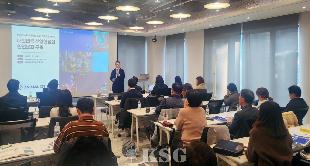
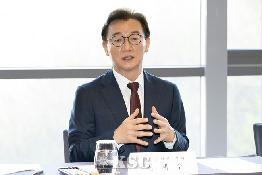


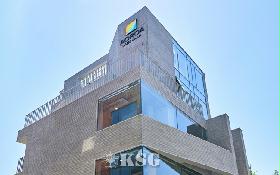
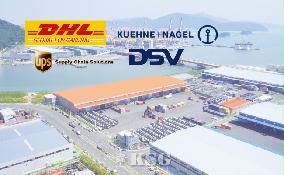
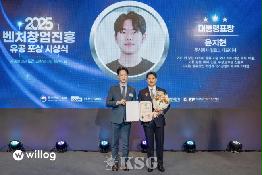
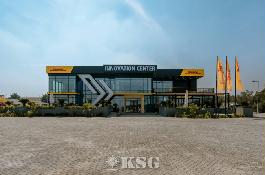
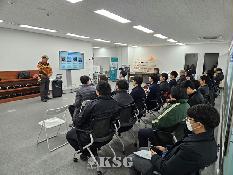
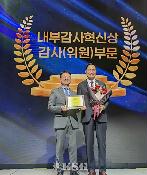
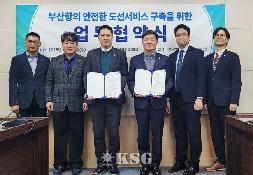
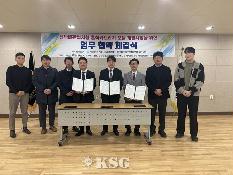

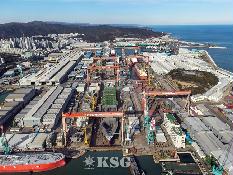
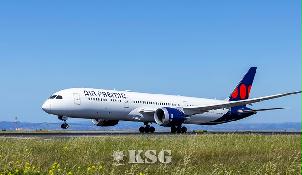
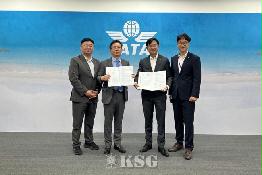
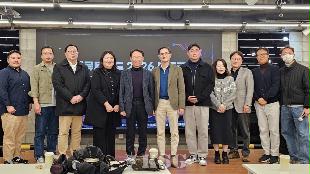
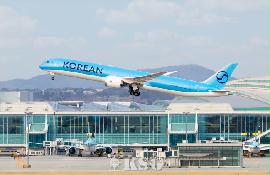


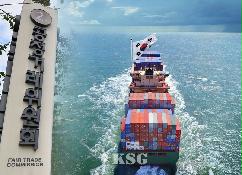
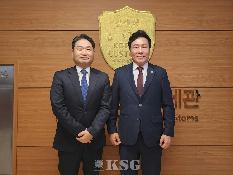

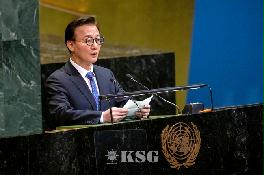
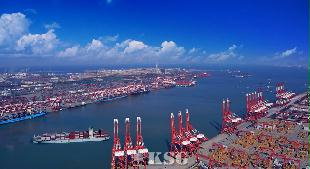
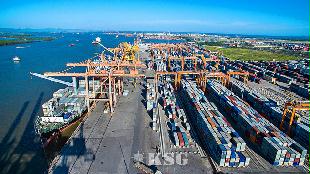
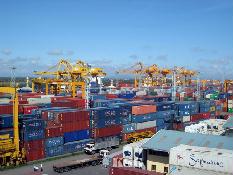

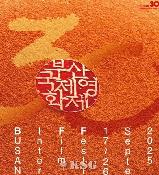




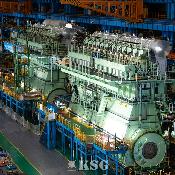
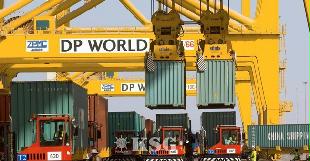
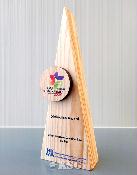
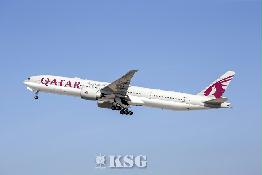





















0/250
확인